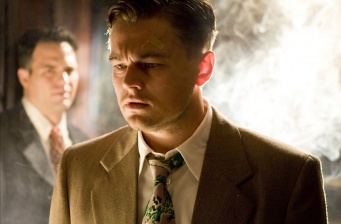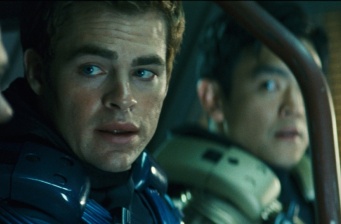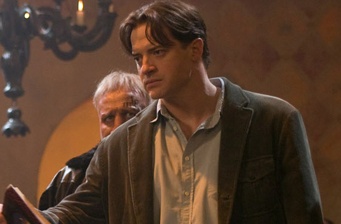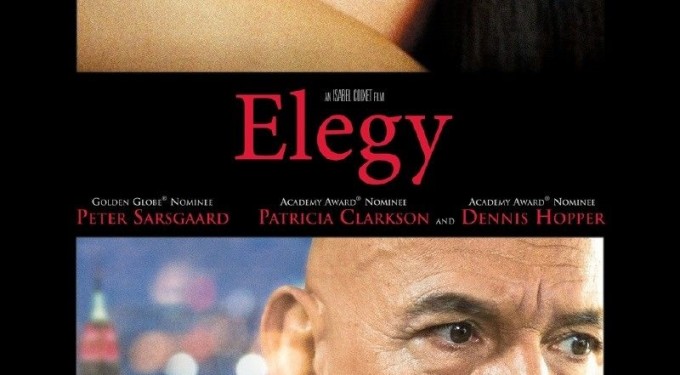‘Shutter Island’: The Movie Review
02.17.2010 | By Jack Rico |

The new psychological thriller, “Shutter Island,” based on the popular novel by Dennis Lehane, comes from the dexterous and practiced hands of legendary director Martin Scorsese. The film is deluged with a plethora of twists and turns, brilliant acting by Leonardo DiCaprio and jarring scenes of suspense created and framed to perfection by its helmer. You should be excited to see this film… the entertainment value is high and the production quality is of the highest caliber. It’s definitely a must see movie!
For those of you who unfamiliar with the plotline, we’ll reveal only a succinct version. The film adaptation tells the tale of two U.S. marshals, Teddy Daniels (Leonardo DiCaprio) and Chuck Aule (Mark Ruffalo), who are summoned to a remote and barren island off the cost of Massachusetts to investigate the mysterious disappearance of a prisoner from the island’s fortress-like mental ward. Not much can else be revealed because anything more can ruin the movie experience.
One thing you will take away from this movie is Scorsese’s prowess in the visual department. Some of the camera shots seen make you wish the projectionist could pause them and play it over and over again. After seeing all of DiCaprio’s films, Shutter Island, in my humble opinion, is perhaps one of the top 3 best performances of his career (What’s Eating Gilbert Grape, Shutter Island and Basketball Diaries, in order). That is what you await at your local theater this weekend.
A major subtext in the movie’s theme is a question asked by all of us, at one point or another in our lives: Am I mad, or is the world around me mad? What’s real and what is not? (I’ve been there before). Just like Hitchcock, the story is constantly deviating us from our path of clarity, creating scenes that don’t really exist and submerging us into a nightmare we can’t manage to wake up from.
At first, the film seems to be just another intriguing noir detective story but it is so much more than that. The references and homages in the film are multiple, everything from “Out of the Past” to “Shock Corridor” and “The Snake Pit” to Hitchcock’s “Spellbound.”
“Shutter Island” is a world where nothing is what it appears to be. It’s suspenseful, mysterious, ambiguous and insane. Now that sounds like a fun movie!









































